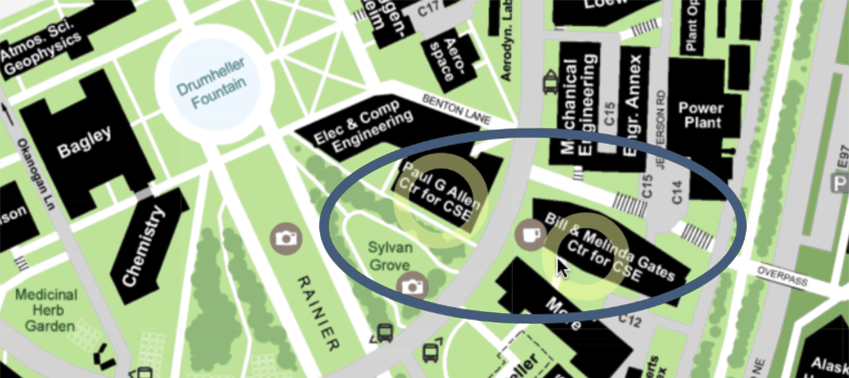CREATE students, faculty, and community members stay informed through our newsletters and announcements.
CREATE & community calendars
The CREATE calendar has details for attending events sponsored by CREATE and our community, campus, and industry partners.
Annual and recurring events
Learn more about the events CREATE hosts each year:
- Accessibility Seminar – a quarterly seminar for Ph.D. students working in accessibility
- CREATE Community Day – an annual gathering of students, faculty, and partners to discuss developments in accessible technology and accessibility research
- Research Showcases – research posters, prototypes, and demonstrations shared with industry and community partners. Historically combined with Community Day.
- Hackfests & Hackathons – fun, challenging, and accessible working events to generate new research ideas, pursue solutions, work with mentors and peers, and gain new skills. One or more per year.
- Global Accessibility Awareness Day (GAAD) – workshops and presentations about digital access and inclusion.
Directions and Parking

UW Seattle campus map with directions and parking information for CREATE’s biggest events.